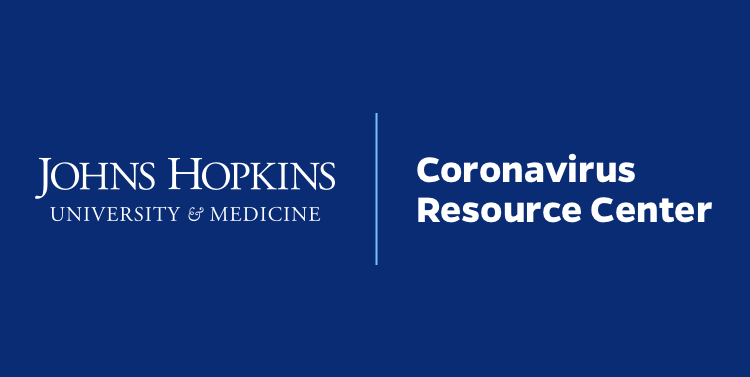Yes, there is proof. A peer reviewed scientific study is proof.
You may as well say, "there is no proof of gravity! It's just a theory!!!"
This is how science works.
And yes, we will no much more in retrospect. And many deaths will likely be reclassified based on the evidence.
But here is thing... if From 2000 to 2019, Feb-April "flu/pneumonia deaths" ranged from (example) 12,000 - 18,000, with an average of 15,000 -- And suddenly in 2020, you get suddenly get 30,000 flu/pneumonia deaths in that same period: It's extremely convincing evidence that approximately 15,000 of those deaths are actually under-reported Covid deaths.
But this is for the epidemiologists and statisticians.

